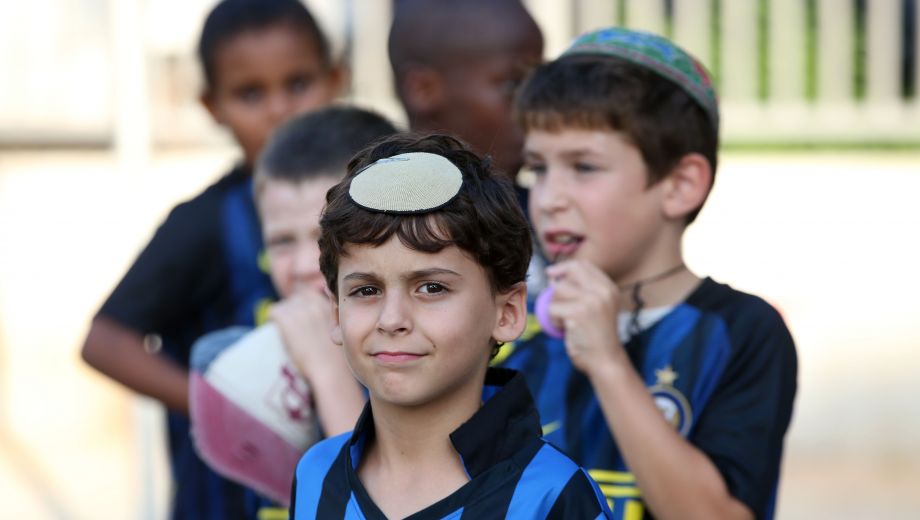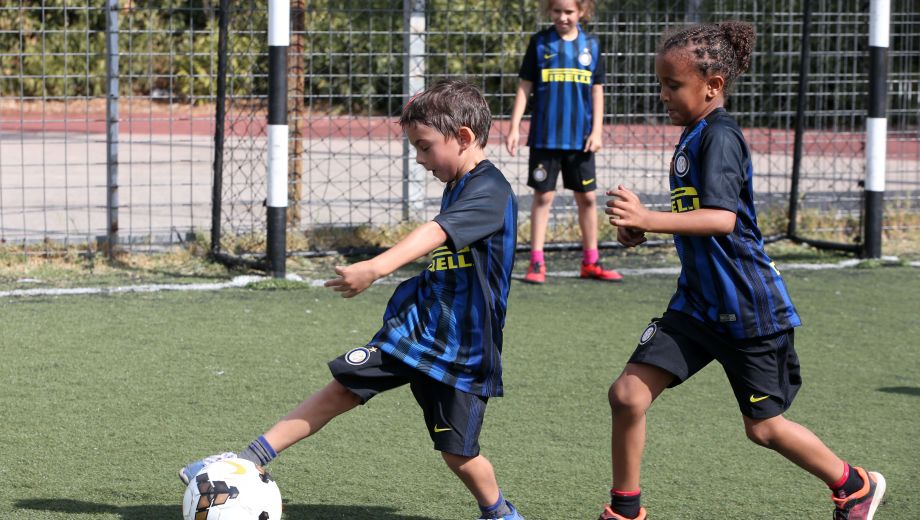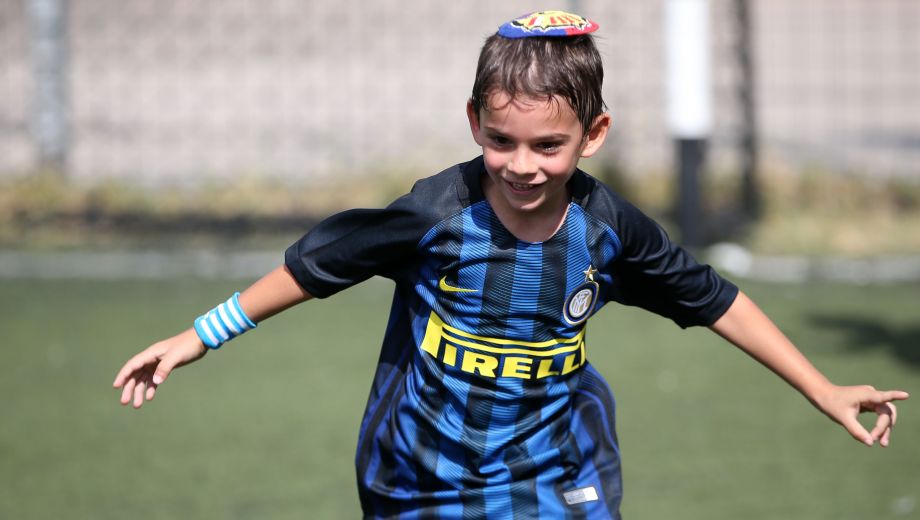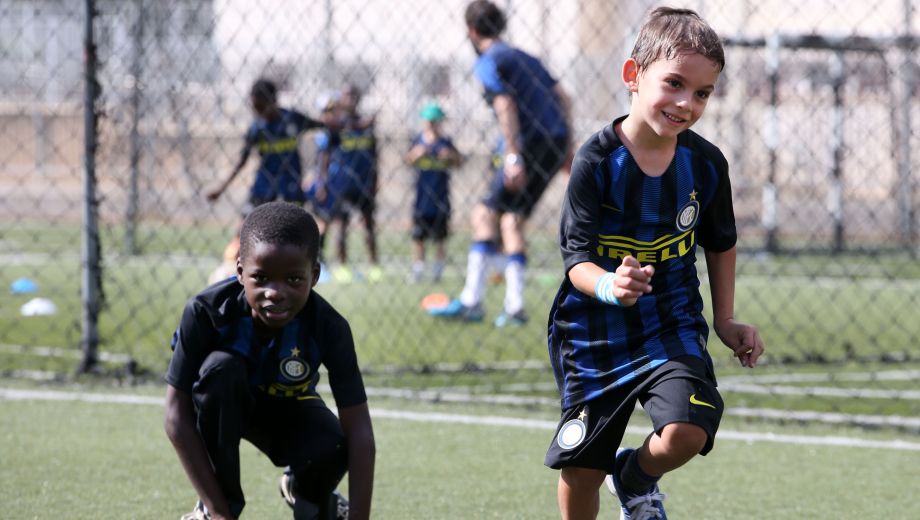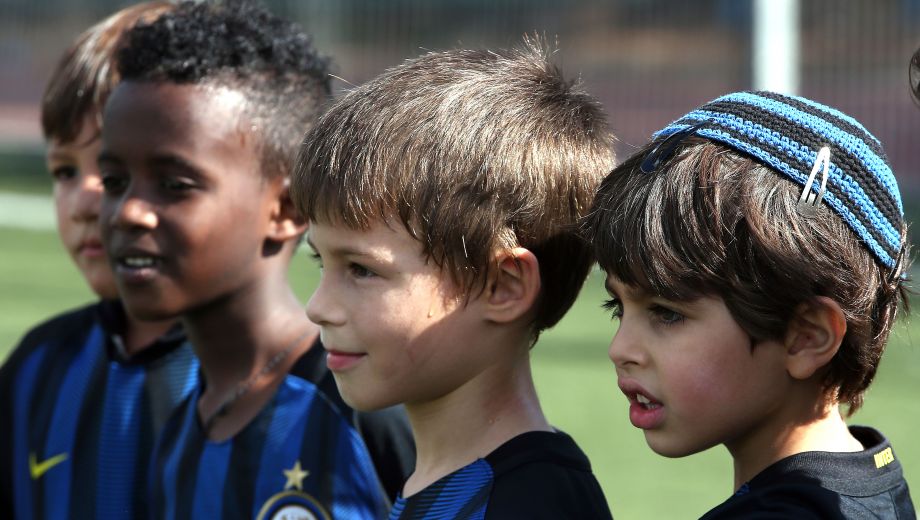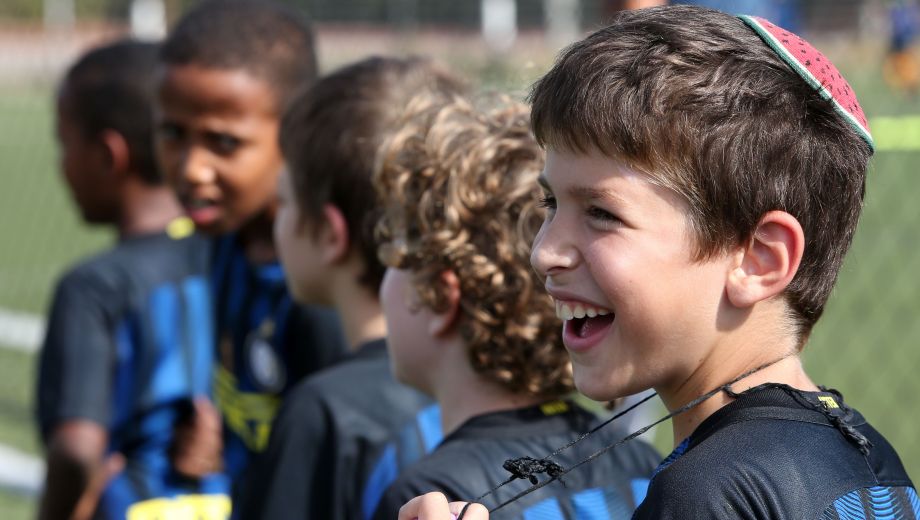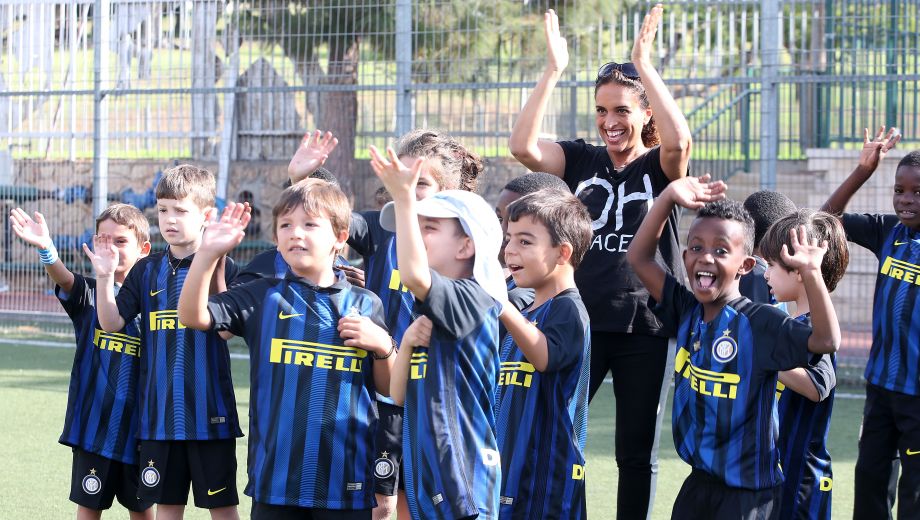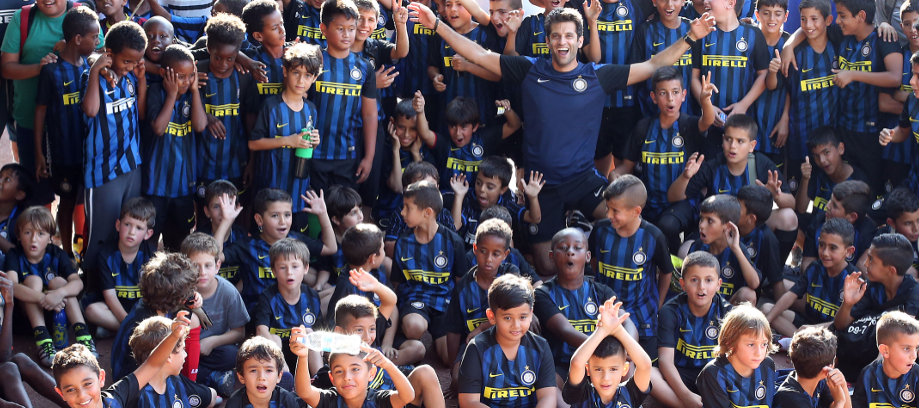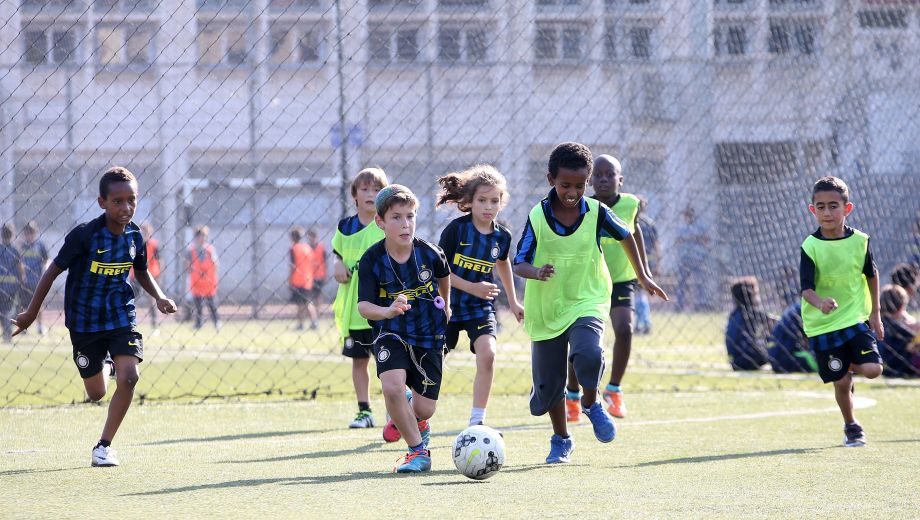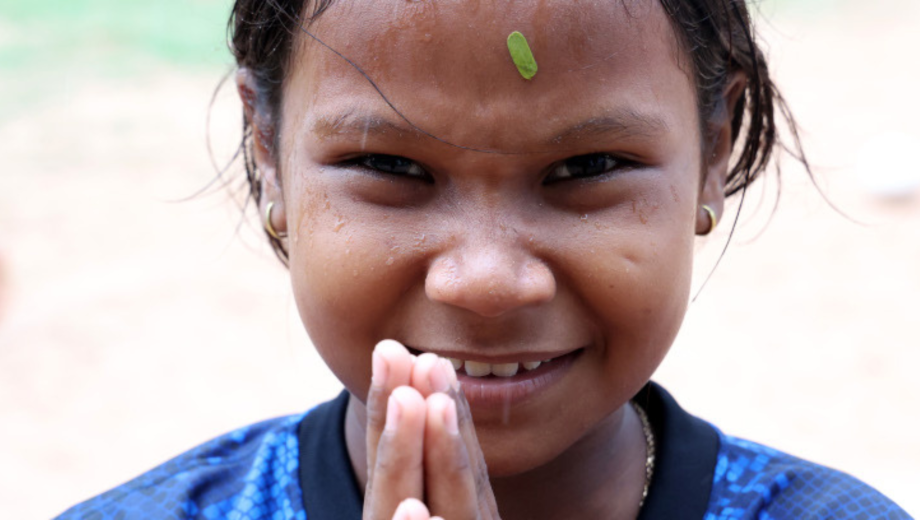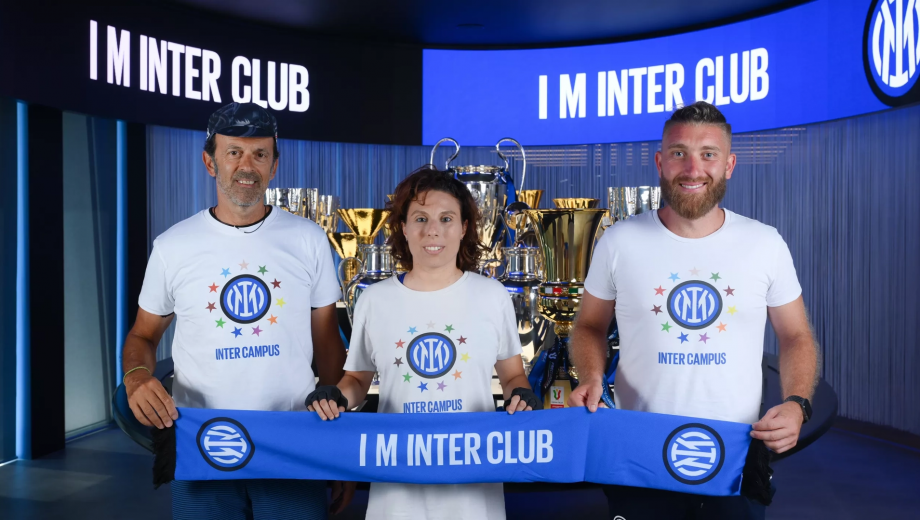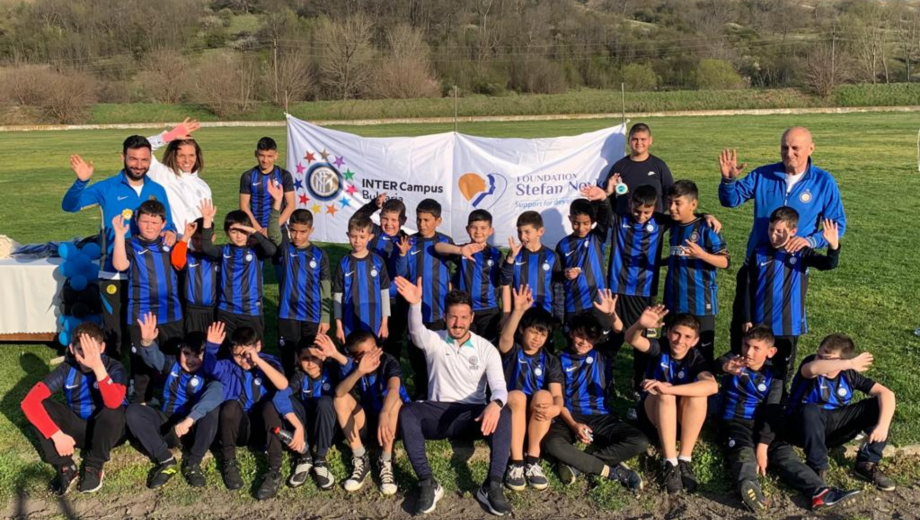Inter Campus bringing people together

JERUSALEM – Our recent visit to the three sites of Inter Campus Israel and Palestine has just come to an end and as ever each of them represents integration and friendship between the two communities.
Inter Campus coach Arturo Cohen, who trains Jewish and Palestinian children at the Beit Zafafa site in East Jerusalem, reveals what it’s like to witness the flourishing of friendships that only seem to survive at Inter Campus.
“Jerusalem, Yerushalayim, Al-Quds. A city that contains numerous other cities, worlds and narratives within itself. You can find yourself close to the Jewish market of Mahane Yehuda, living and breathing in one city. Then you can go to the main street in Silwan and feel like you’re in a completely different place. Jerusalem has Israelis, Jewish for the large part, and Palestinians, some of whom are Christians but mainly Muslims. They are all there together but are never seen in the same place.
“There’s just one spot that for three hours a week turns black-and-blue and offers bewildered visitors the chance to see all these religions together: the Beit Zafafa training ground in the Palestinian district of Jerusalem, right on the border between the east and west of the city. Jews and Arabs, at the centre of whatever holy war and a few hundred metres away from a mosque and that famous wall, shed the hatred and fear they carry around with them and instead don the colours they love as much as we fans do.
“It’s just like magic when they take off their everyday clothes – so heavy and divisive, loaded with notions of ‘us’ and ‘them’ – and pull on their football kit, which symbolises togetherness. ‘Pass it to me, I’m free!’ doesn’t have a religious or political filter because if I’m free, you have to pass it to me, no matter whether I’m Jewish, Arab, Christian or who knows what else!
“This doesn’t mean we don’t have our problems, misunderstandings or difficult moments. Last year, when it seemed like the Third Intifada was around the corner, Inter Campus stopped for a few weeks and Jerusalem seemed even more grey without us, even more divided.
“In moments like those – when there are attacks and retributions, entire districts are blocked off and stabbings occur in the open at bus stops – I realised that what we’re doing has enormous potential. We were creating a community of people, children and parents, who thanks to football learn how to get along, understand each other and smile at and respect one another. All this in a city where the first thing you are taught is to stick with your own.
“In a city where everything is divided, where fear is everywhere, Inter Campus has brought in a bit of colour and the understanding that football represents a universal language. Yigal, an eight-year-old boy who thought every Arab was a terrorist to start with, is now able to communicate through passes, crosses, shots and smiles with Ahmad, a nine-year-old from Beit Zafafa. Until a year and a half ago, Ahmad thought every Jew was a coloniser.
“The story of this year was the arrival of three Palestinian kids, who came via friends of friends but weren’t originally from Beit Zafafa, which is a very closed environment in itself. Initially, all

three showed the tenderness of children who didn’t feel accepted by either side.
“They weren’t from Beit Zafafa and obviously they weren’t Jews either. It was a great test for the other Palestinian children as well to observe ‘the other’ in their society and understand that they, along with the Jewish kids, were the experienced ones. Therefore, it was up to them to help the new children fit in.
“It’s a source of great pride for me, and for Inter Campus Jerusalem in general, to know that we’re the only ones trying to create a community of children and parents that could be the bridge – painted in black and blue – over the two sides of the wall.”
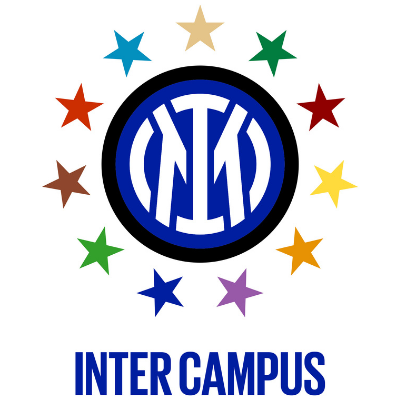
For the kids of Emilia Romagna


